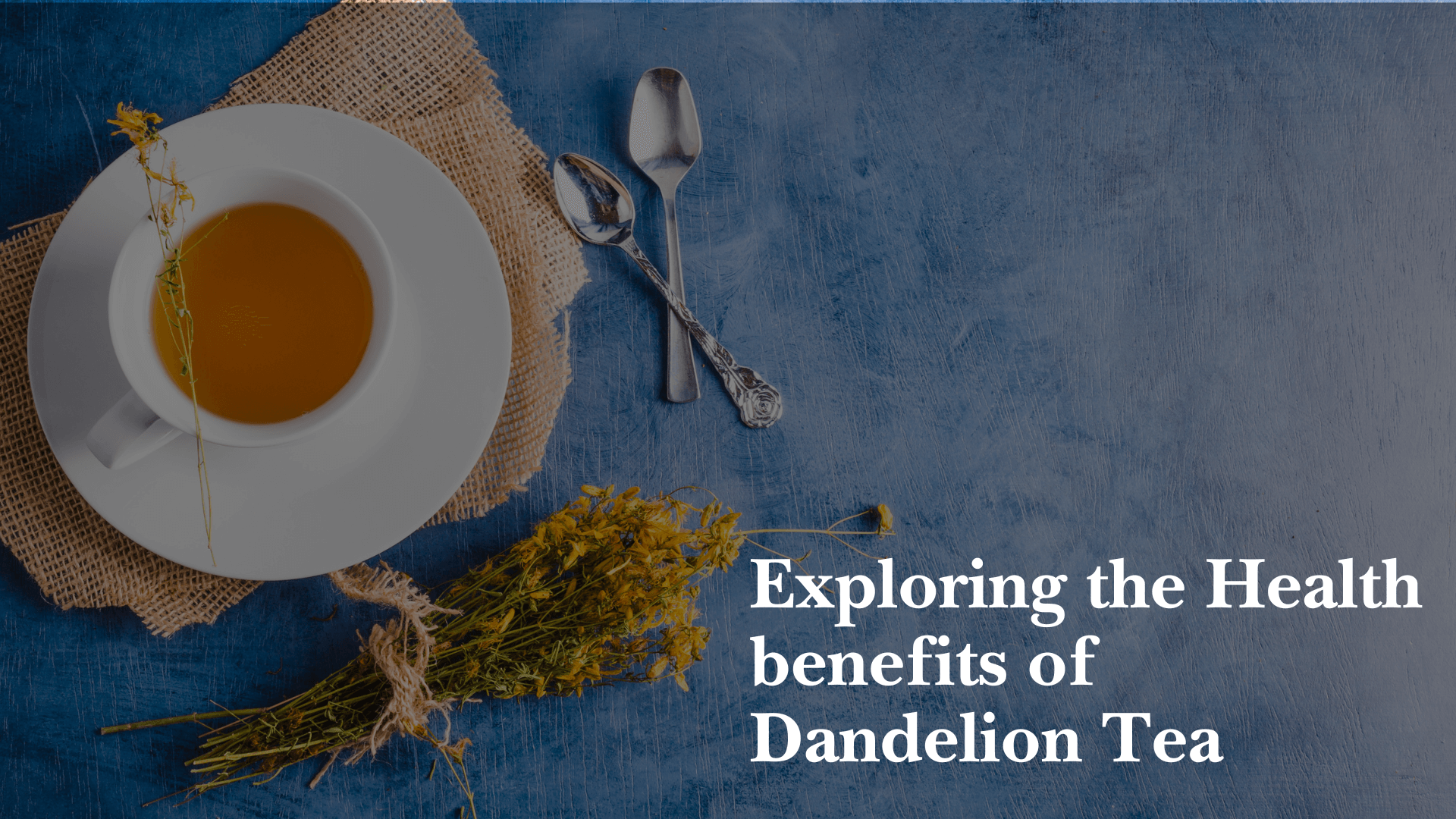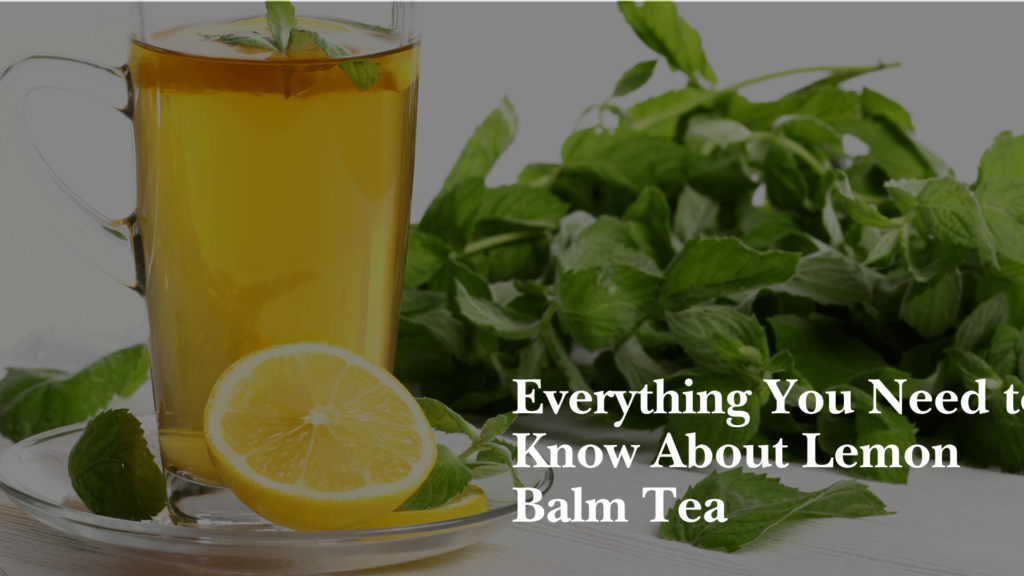Introduction:
Dandelion tea is more than just a common weed; it has a rich history of culinary and medicinal use spanning centuries. Modern scientific research has begun to substantiate some of the traditional claims associated with dandelion.
Dandelion’s Versatility: A Plant with Many Uses
Dandelion, a plant widely recognized in North America, is resilient, thriving in low-sunlight conditions where other plants struggle. Its flowers, leaves, and roots can all be used to brew dandelion tea. In regions of Europe and Asia, it has been a folk remedy for various ailments, including urinary tract infections, inflammation, detoxification, and the common cold. While scientific support for these claims exists, further research is essential.
A cup of raw dandelion offers valuable nutrients:
Calories: 25
Protein: 1.5 grams
Fat: 0.4 grams
Carbohydrates: 5.1 grams
Fiber: 1.9 grams
Sugar: 0.4 grams
Dandelion is rich in beta-carotene, magnesium, calcium, iron, and zinc. It’s also an excellent source of Vitamin A, which has shown potential in reducing the risk of conditions such as cataracts, diarrhea, measles, and breast cancer.
The Health Benefits of Dandelion Tea
Dandelion tea boasts several potential health benefits:
Anti-inflammatory Effects: Dandelion contains taraxasterol, a compound known for its potent antioxidant properties, which can help combat inflammation by regulating white blood cells.
Lower Blood Pressure: With its high potassium content, dandelion tea may support heart health by stimulating the heartbeat, aiding kidney function, and improving blood flow.
Improved Liver Health: Dandelion’s polysaccharides reduce stress on the liver, enhance bile production, and assist in filtering harmful chemicals from your food.
Immune System Support: Dandelion is a good source of Vitamin C, known for its immune-boosting properties, potentially aiding in the prevention of seasonal colds.
Bottom Line
In conclusion,while dandelion tea holds great promise in the realm of natural health remedies, it is essential to approach its consumption with careful consideration of your individual health circumstances and, when in doubt, consult with a healthcare professional. With ongoing research, dandelion tea may continue to emerge as a valuable addition to your wellness routine, offering a spectrum of potential health benefits waiting to be explored further.


